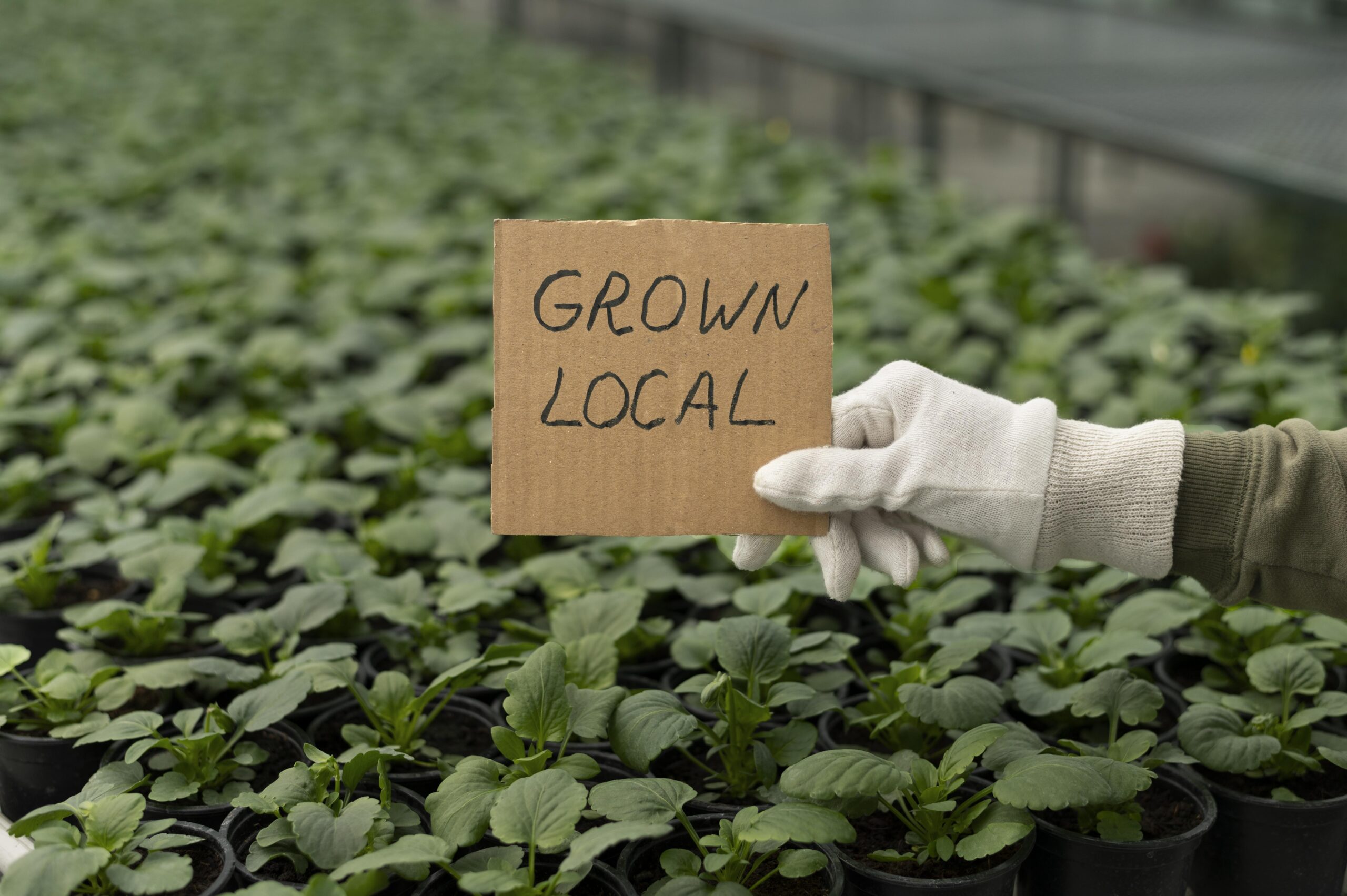Farming has always been a deeply personal part of my life. Growing up in La Romana and Santo Domingo, I learned to respect the land, care for every crop, and value the work that goes into producing high-quality agricultural products. When I first started exporting, my main goal was simple: deliver fresh, healthy crops to buyers abroad. Over time, I realized that exporting is about much more than the product itself—it is about creating a brand that tells a story, builds trust, and connects directly with consumers.
Building a brand in the export industry may seem challenging for small farms like mine, but it is essential for long-term success. In this blog, I want to share my perspective on how farmers can develop a brand that stands out, appeals to international buyers, and creates lasting value from farm to consumer.
Understanding the Importance of a Brand
A brand is more than a logo or a label. It represents the values, quality, and story behind your products. For small farms, a strong brand helps distinguish our crops from those produced on large industrial farms. It tells buyers that our products are carefully grown, sustainably managed, and handled with attention from planting to harvest.
International buyers increasingly care about the story behind the food they purchase. They want to know how it was grown, where it comes from, and who is responsible for its quality. By building a recognizable and trustworthy brand, small farms can create a competitive edge that goes beyond price and volume.
Emphasizing Quality and Consistency
The foundation of any strong agricultural brand is consistent quality. Buyers will return to a farm they can rely on for fresh, high-quality products. In my experience, every shipment must meet international standards for taste, appearance, and freshness.
Achieving this requires attention at every stage of production. From soil preparation and planting to harvest and packaging, each step must be carefully managed. By maintaining high standards, small farms can build a reputation for reliability—a key component of brand recognition in the export market.
Telling Your Story
A brand is not just about the product; it is about the story behind it. For my farm, this includes the tradition of family farming, sustainable practices, and respect for the land. Sharing these details with buyers and consumers creates an emotional connection that sets our products apart.
Storytelling can be conveyed through packaging, marketing materials, and digital platforms. Even simple touches, like highlighting the origins of a crop or the care taken in harvesting, can make a significant difference. Buyers are not just purchasing a product—they are buying the values and dedication behind it.
Packaging and Presentation
First impressions matter, especially in export markets. Packaging is one of the most visible ways to communicate a brand. Well-designed, professional packaging conveys quality, attention to detail, and care for the product.
For small farms, investing in packaging that protects crops and tells a story about the farm is essential. Labels can include information about origin, sustainability practices, and even QR codes that link to videos or details about the farm. Presentation is a way to reinforce trust and brand recognition with consumers around the world.
Building Relationships with Buyers
A brand is strengthened by strong relationships. Buyers who trust your farm are more likely to become repeat customers, recommend your products, and provide feedback that helps improve the brand.
I have found that open communication, transparency about production, and reliability in shipments are the cornerstones of these relationships. By consistently delivering high-quality products and maintaining clear communication, small farms can build loyalty and make their brand memorable in a crowded export market.
Leveraging Technology
Technology can help small farms communicate their brand more effectively. Digital platforms, social media, and online marketplaces allow farms to reach international consumers directly, showcase the story behind the products, and highlight quality standards.
For example, sharing photos of the farm, the harvesting process, or sustainable practices helps buyers feel connected. Tracking and traceability systems also reinforce trust, showing that products are handled responsibly from farm to consumer. These tools allow small farms to compete with larger exporters by highlighting authenticity and transparency.
Focusing on Sustainability
Sustainability is an increasingly important aspect of a brand. International buyers and consumers are seeking products that are responsibly grown, environmentally friendly, and socially conscious.
On my farm, I focus on sustainable practices such as efficient water use, natural fertilization, and careful soil management. Communicating these practices as part of the brand adds value, attracts buyers, and strengthens reputation. Sustainability is not just a responsibility—it is a strategic advantage in the export industry.
Advice for Small Farms
For farmers looking to build a strong brand in export markets, my advice is to start with the basics: quality, consistency, and care for the land. Then, focus on storytelling, packaging, and relationships with buyers. Highlight what makes your farm unique and communicate it clearly.
Invest in sustainability and technology to enhance your brand’s credibility. Embrace tools that allow transparency and connect your farm to consumers in a meaningful way. Remember that a brand is built over time through consistent effort, reliability, and authenticity.
Final Thoughts
From the soil of La Romana to consumers around the world, building a brand in the export industry is about more than selling a product. It is about sharing a story, creating trust, and demonstrating dedication to quality and sustainability.
For small farms like mine, the challenge is significant, but the rewards are worth it. A strong brand opens doors to new markets, builds lasting relationships with buyers, and allows farms to compete globally without compromising the values that define us.
By focusing on quality, storytelling, sustainability, and relationships, small farms can create a brand that stands out, connects with consumers, and thrives in the international marketplace. From farm to consumer, the brand becomes a reflection of the hard work, care, and tradition that makes small farms special.
